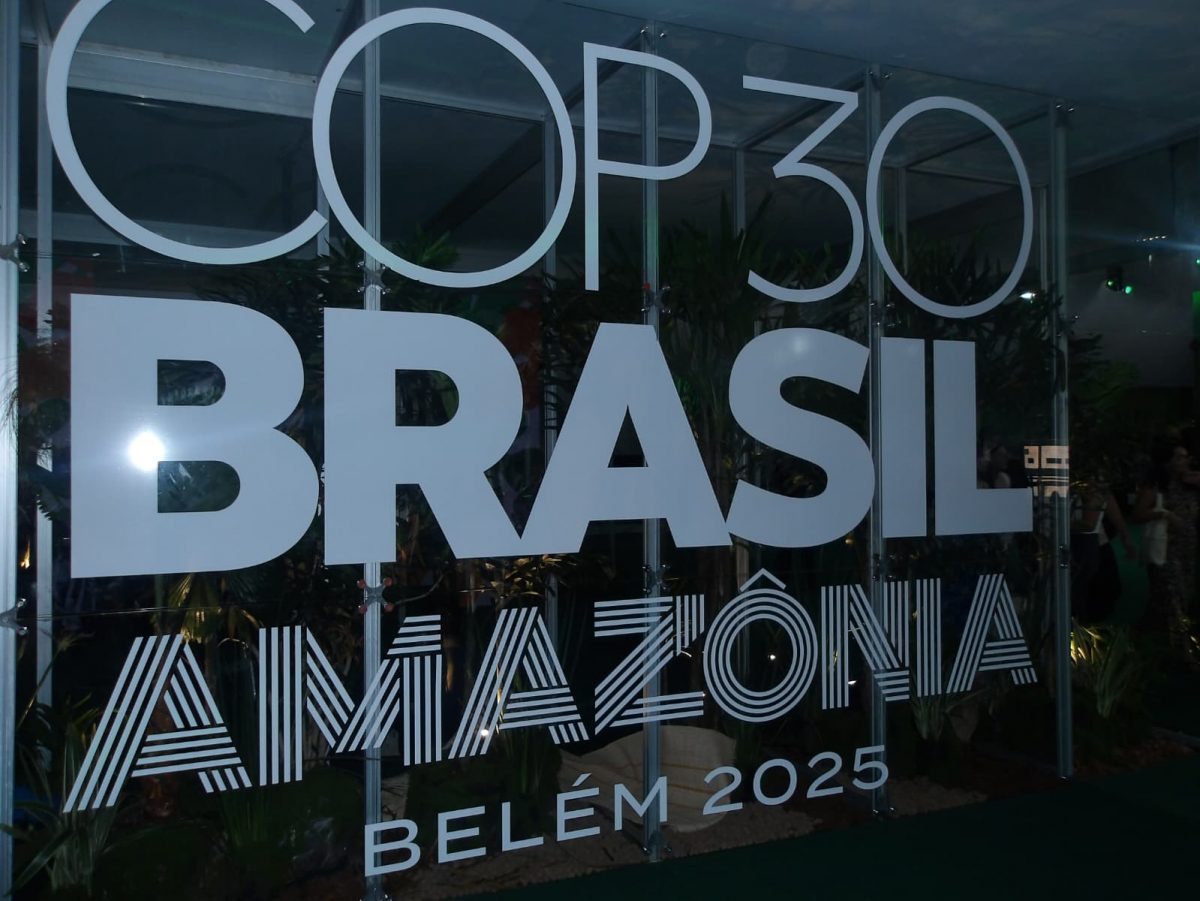Being a Real Estate & Urban Economics Major in the UConn@COP30 Fellowship program in Belém, Brazil has both made me a better climate advocate and provided significant personal growth. At first, I believed it would be huge rooms solely discussing policy, asking well-researched questions, and hoping that local initiatives would be addressed within the vast nature of it all. While all 3 remain true, there was an entire world filled with spontaneous solution ideation sessions in hallways with the world’s climate leaders spanning from NGOs to the private sector, opportunities to ask on-the-spot questions about topics you didn’t previously know existed, and having unique opportunities to address critical issues in your region in ways that will have a lasting impact.
 The theme of this year’s COP is implementation, turning ambition into tangible realities. It is both a necessity for addressing the climate crisis and a possible personal philosophy that I believe all students should incorporate, especially if they have a potential solution for a better future. The reason COP needs to choose this topic is that we are seeing a slowdown (and often a regression) in the significant progress made during the Paris Agreement of 2015. The Tropical Forests Forever Fund (TFFF) is one of many ambitious financial mechanisms that aim to compensate countries for restoration and conservation efforts. There are a plethora of factors, including land ownership, land use, historical conditioning, and more, that can create complex variables in the conversation. How do you ask 83+ countries to agree on a joint solution? It is a question that is continually revisited. Not to mention incorporating the perspectives of indigenous communities who have harmoniously lived amongst the many vulnerable lands that would benefit from these conservation efforts, but aren’t often represented in policy-making.
The theme of this year’s COP is implementation, turning ambition into tangible realities. It is both a necessity for addressing the climate crisis and a possible personal philosophy that I believe all students should incorporate, especially if they have a potential solution for a better future. The reason COP needs to choose this topic is that we are seeing a slowdown (and often a regression) in the significant progress made during the Paris Agreement of 2015. The Tropical Forests Forever Fund (TFFF) is one of many ambitious financial mechanisms that aim to compensate countries for restoration and conservation efforts. There are a plethora of factors, including land ownership, land use, historical conditioning, and more, that can create complex variables in the conversation. How do you ask 83+ countries to agree on a joint solution? It is a question that is continually revisited. Not to mention incorporating the perspectives of indigenous communities who have harmoniously lived amongst the many vulnerable lands that would benefit from these conservation efforts, but aren’t often represented in policy-making.
What does that mean as a student studying business? It means finding strong mentorship, building a diverse network, and being crystal clear on the risks, mitigations, & next steps needed to take toward meaningful action.
A group of us students met an individual who was quite familiar with the UConn Huskies and helped shed some light on the topic. We took a walk-through of the Country Pavilions with the Director of the Deloitte Center for Sustainable Progress, Dr. Freedom-Kai Phillips, who was a former student of Professor Stephen Park (Associate Professor of Business Law at the UConn School of Business). He explained how “Sustainability can be a Rubik’s cube, confusing at first, but with the right pattern-identification, and consistent ambition, you’ll be able to get the right solutions you need”. It became apparent that most of the professionals at COP30 not only identify patterns but are actively building meaningful relationships to solve the complex Rubik’s Cube. Understanding localized players within your space is critical as a diverse network of technical and non-technical actors will help create high-integrity assets for your value chain. The COP experience highlighted how it also supports economic innovation and job creation, enabling the execution of these ambitious frameworks and financial mechanisms.
I look beyond this educational experience with significant hope about the direction we’re headed. Awakening a commitment to keeping my eyes peeled for patterns in capacity-building and seeking potential solutions or frameworks to bring back to our communities back home.
Aminieli Hopson is a senior studying Real Estate and Urban Economics.